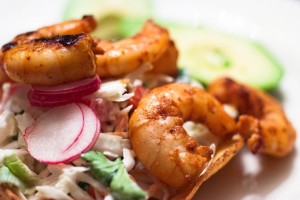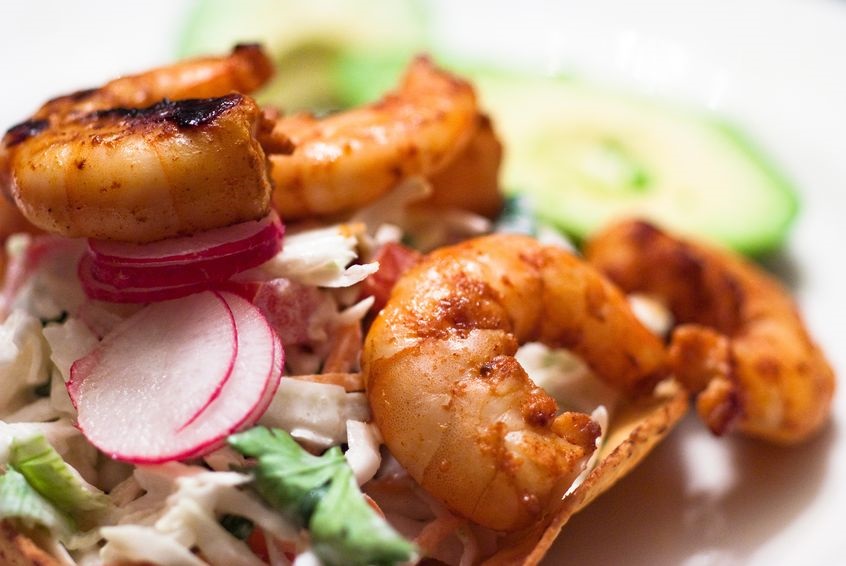 Zinc, a trace mineral, has been in the news a lot recently. And it's for good reason. This nutrient, found in certain foods and in supplement form, may have a lot to offer in terms of health benefits. Here's a look at what the science says about using zinc to enhance your lifestyle.
Zinc, a trace mineral, has been in the news a lot recently. And it's for good reason. This nutrient, found in certain foods and in supplement form, may have a lot to offer in terms of health benefits. Here's a look at what the science says about using zinc to enhance your lifestyle.
Zinc and colds
Flash back to the 1990s. Flannels, grunge music and MTV were all the rage. Zinc enjoyed similar popularity, when zinc lozenges were widely marketed in drug stores as a way to lessen the effects of the common cold. Years later, people still use zinc in a variety of forms to ease their symptoms. It turns out that health-conscious consumers may be on to something, although zinc is not a panacea. A Cochrane review of clinical trials found that zinc lozenges did not prevent colds, but if taken within a day of the onset of cold symptoms the lozenges could curb the intensity.
Zinc and depression
Beyond physical health, scientists are looking into its impact on mental health. For instance, a preliminary randomized, double-blind, placebo-controlled trial in 20 subjects treated for major depression showed that supplementation with 25 mg/day of zinc reduced depression symptoms at 6 and 12 weeks.
Zinc and eye heath
Zinc may hold promise for those susceptible to certain eye diseases. For example, doctors often recommend zinc to slow the progress of AMD. This condition occurs when the part of the retina that is responsible for central vision starts to wear down. Now for the good news? A major clinical trial, the Age Related Eye Disease Study (AREDS1), found that people who had AMD could slow down the progression of the disease by taking zinc (80 mg), vitamin C (500 mg), vitamin E (400 mg), beta-carotene (15 mg), and copper (2 mg). A new study, AREDS2, is further examining exactly what role zinc plays in relation to AMD. In the meantime, patients with AMD might benefit from supplementation under the supervision of their medical provider.
Zinc-rich foods
Beyond supplements, you can also make a point to eat a balanced diet that includes certain zinc-rich foods. The best sources of zinc are oysters, red meats, poultry, certain cheeses, shrimp, crab and other shellfish. Legumes, whole grains, miso, tofu, brewer's yeast, cooked greens, mushrooms, green beans, tahini, pumpkin and sunflower seeds are also natural sources of this trace mineral.
The takeaway? Zinc may improve quality of life. More research is needed to fully understand how zinc may support certain bodily processes and functions. But in the meantime, shrimp tacos are never a bad idea!
